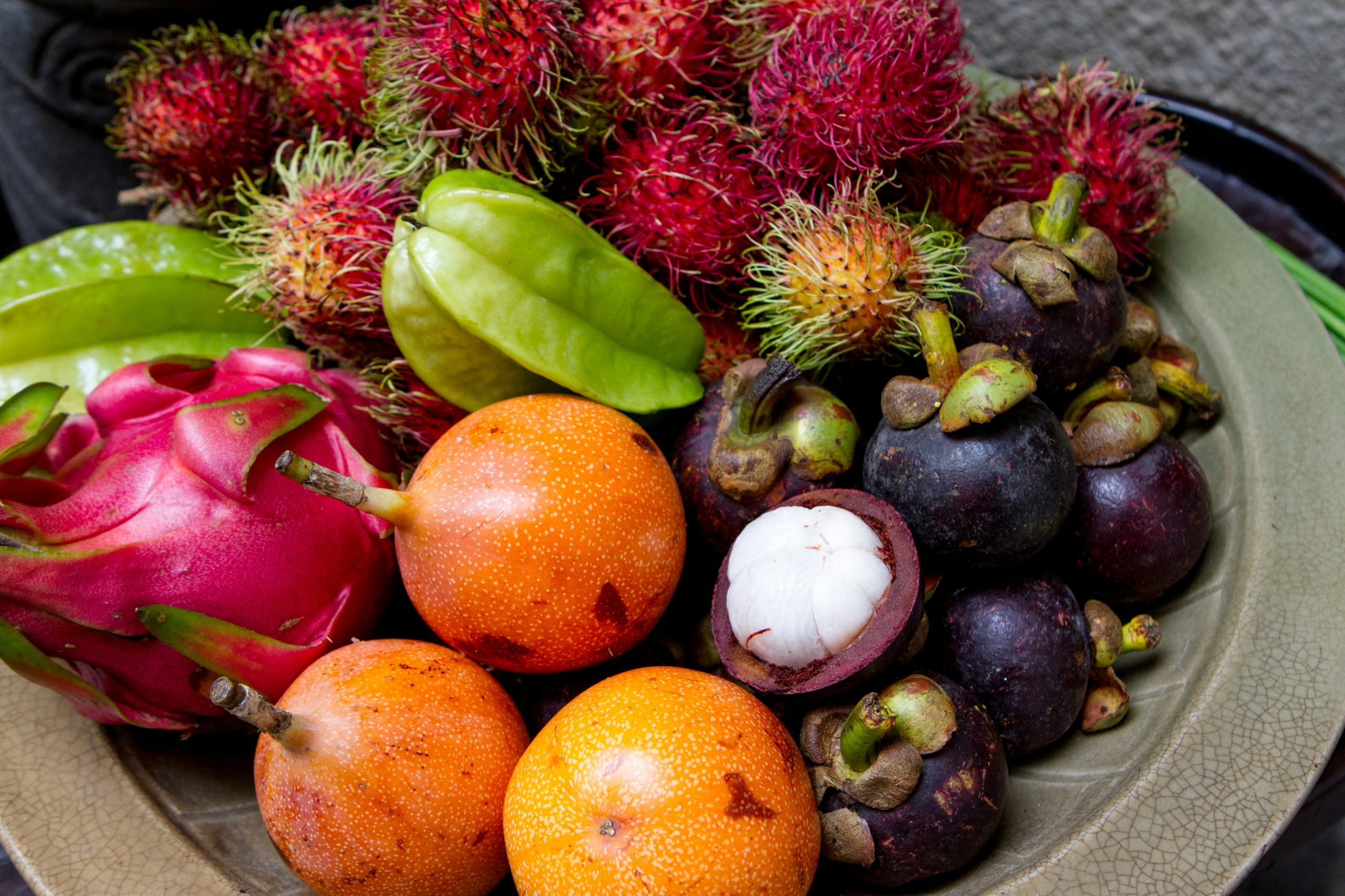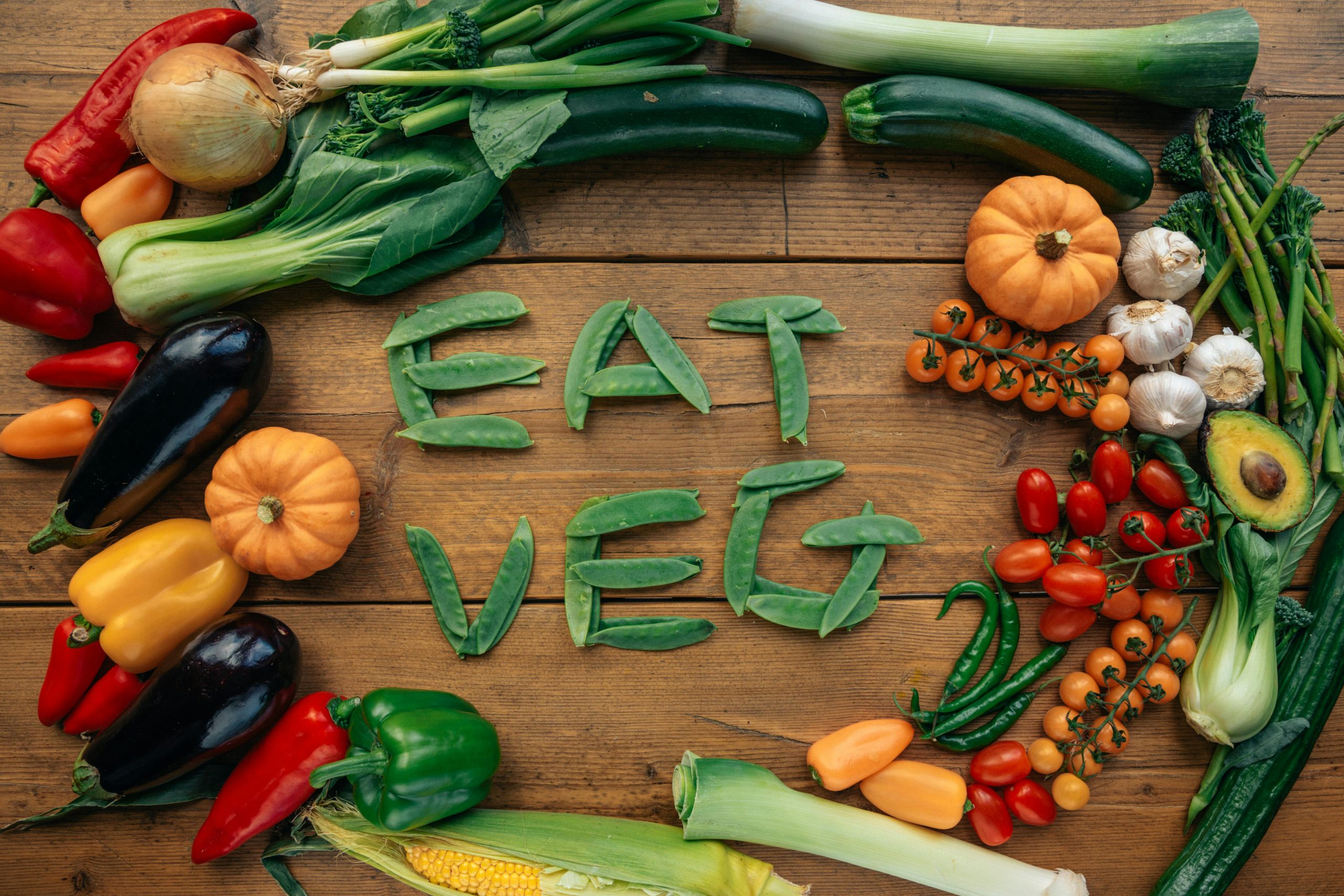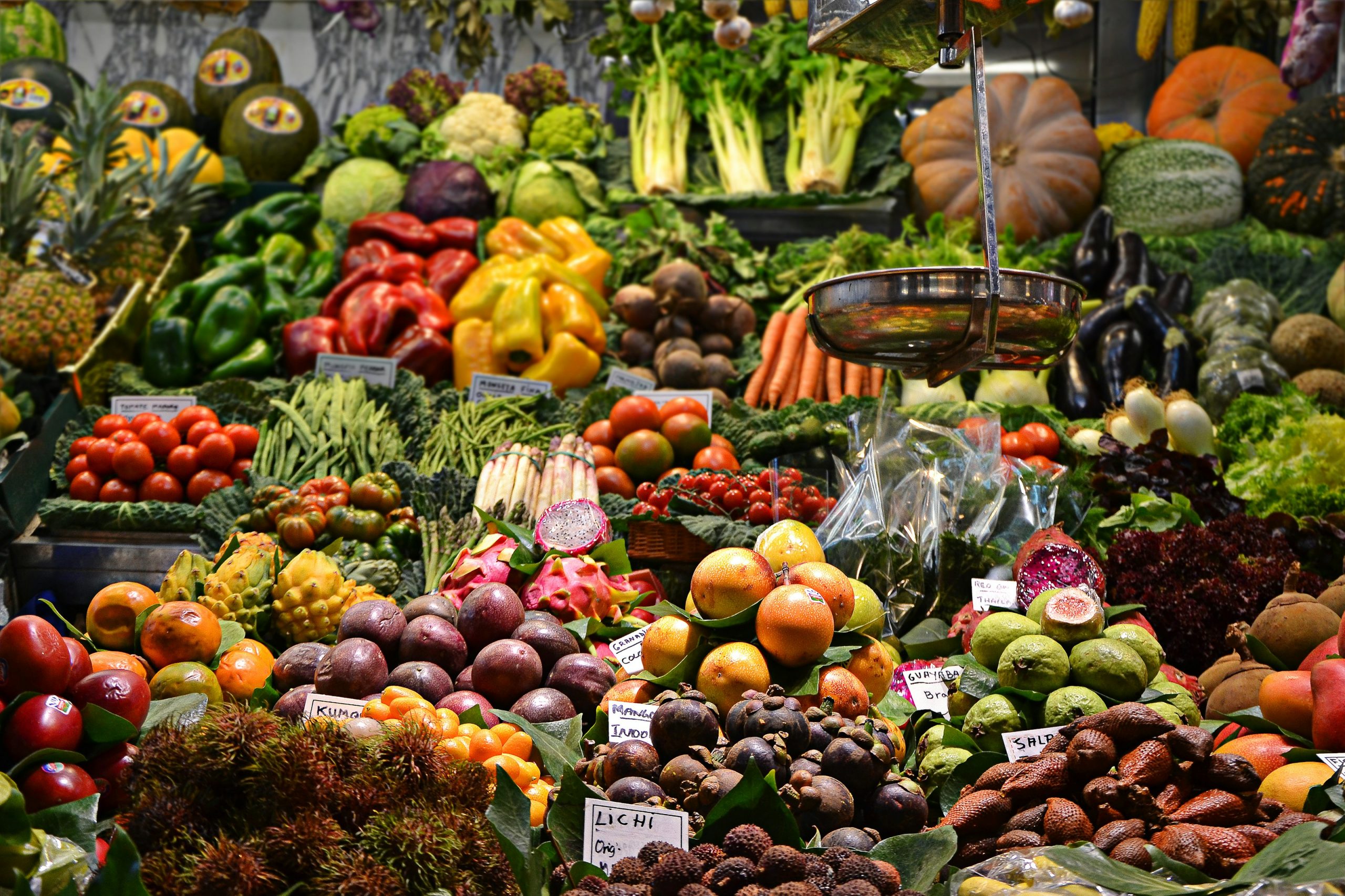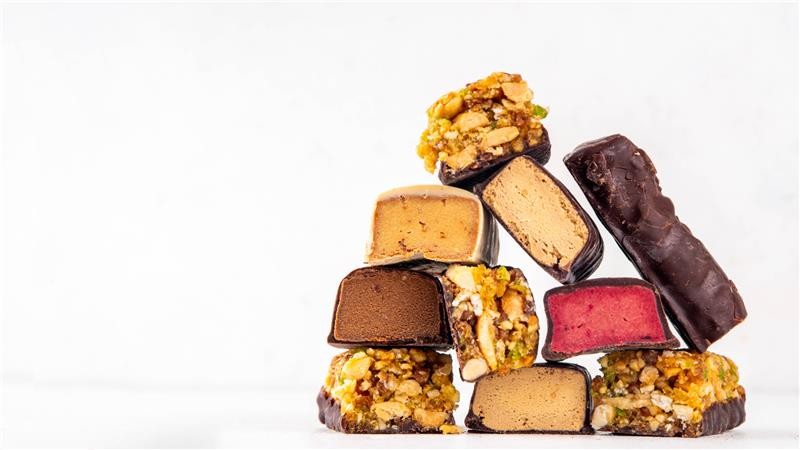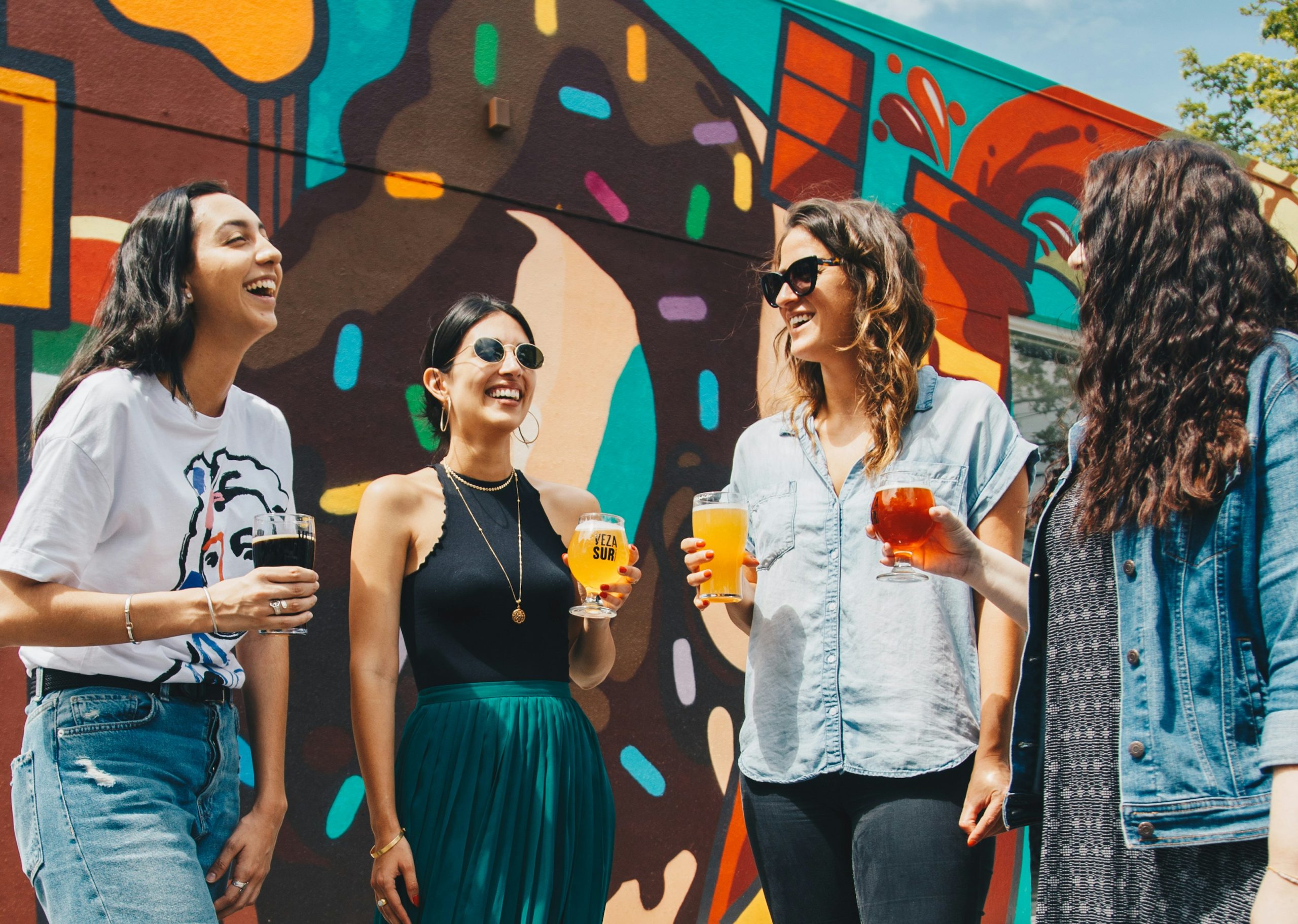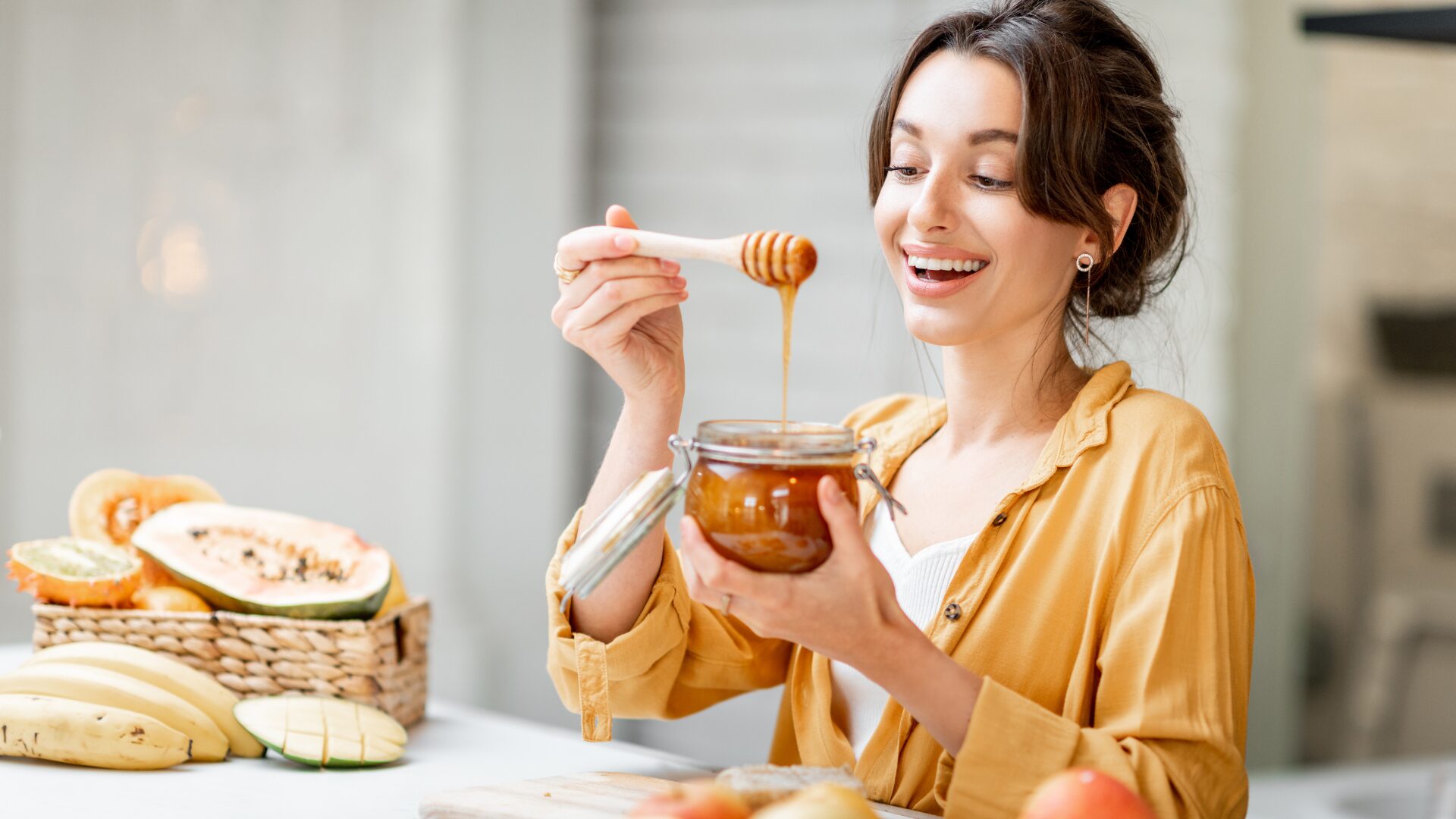Society has come a long way on normalizing discussions about mental health.
With that, a growing list of brands are highlighting mental wellness in their marketing. As the issue is increasingly destigmatized—with celebrities and athletes openly discussing their own mental health—companies are seeing an opportunity to connect with consumers.
Laura Simpson, chief intelligence officer at ad giant McCann Worldgroup, said the Covid-19 pandemic played a key role in boosting mental-health awareness. “That was the straw that broke the camel’s back of finally making us have proper conversations about mental health,” she said. (Wall Street Journal, March 27)
In addition to high-profile campaigns like Powerade’s “Pause Is Power” with Olympic gymnast Simone Biles and former NBA players Chris Webber and Jason Williams, food scientist Brian Chau says food brands can lean into new marketing terms such as nootropics or adaptogens.
“Nootropics are ingredients that tout improved cognitive performance whereas adaptogens, as ingredients, tout reduced mental stress,” Chau told The Food Institute.
At the same time, food companies must be authentic in how they link mental health with their brands.
“I think there’s an opportunity there,” Robyn Carter, CEO of Jump Rope Innovation, said on a recent Food Institute Livestream event. “But I think brands have to be really clear about what they’re offering, clear about what the benefit is, what the promise is, and consumers have to feel like it’s meaningful and not just that a brand found a hot conversation and [is hopping] on the bandwagon.”
Linking gut health and mental health
Carter added that conversations about gut health, which has been a topic within the food industry for years, expanded during the pandemic, with an emerging discussion linking gut health and mental health. And with that, she said these conversations coming from a trusted food or beverage brand “feels acceptable.”
As a result, there are significant opportunities for food and beverage brands to market products around gut health, with the global digestive health products market projected to grow at a CAGR of 8.5% and reach around $ 72.5 billion by 2030, according to Precedence Research.
Making people happy
Another mental-health marketing takeaway is that amid the pandemic, consumers are sometimes looking for a bit of happiness in the foods they consume.
“Happiness, balance, and general wellbeing are just as important [to consumers] as physical health and nutrition,” Anne-Marie Roerink, principal and founder of 210 Analytics recently told The Food Institute. “Along with that premise, we see that traditional or nostalgic treats have a very unique role.”





